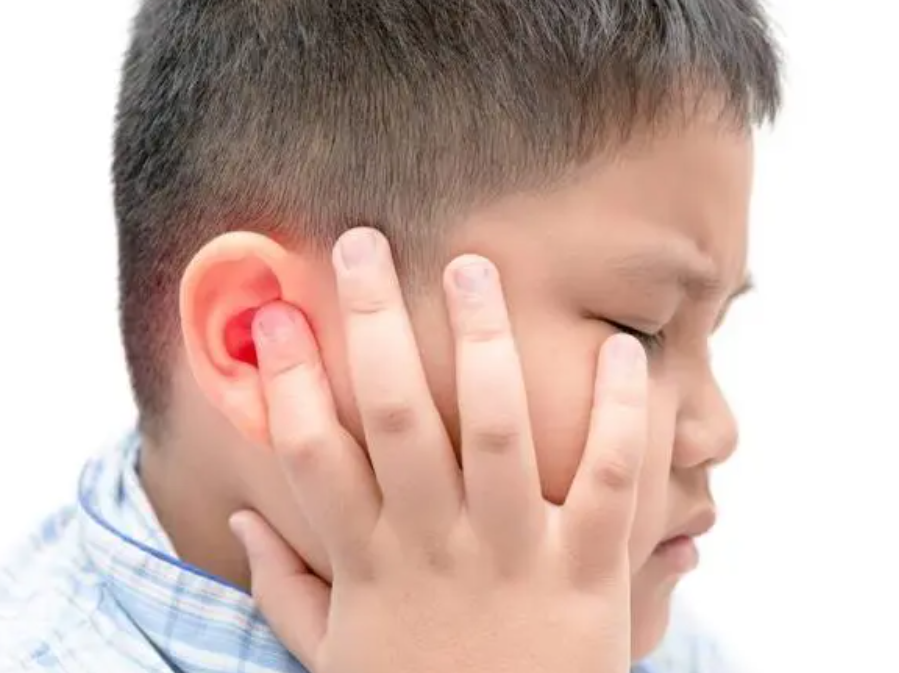
You know what? More than 60% of children with congenital hearing impairment are related to genetic genes, and genetic detection is an important means to find hearing impairment diseases.
By doing a simple sequencing, you can identify risks ahead of time. So, in daily life, how to observe whether the child's hearing is normal? How to protect hearing from damage?
Children of different ages observe hearing in this way
Newborn hearing screening (otoacoustic emission OAE or automatic auditory Brainstem Response AABR) is required after birth, whether in the general ward or the intensive care unit.
The initial hearing screening means that the baby's "cochlea-middle ear-outer ear" pathway functions normally, and it can be judged that the baby's hearing is basically normal, but it cannot rule out rare diseases of the auditory nerve and above auditory conduction pathways, and the baby may also have delayed hearing loss, so the baby's father and mother in the baby's growth process, You need to pay close attention to your baby's speech development:Infants who are not yet months old: Will a sudden sound stimulus in the outside world cause the baby to startle reflex, blinking reflex, awakening reflex, sucking reflex.
1-3 months: When the baby is sleeping, a strong sound stimulation from the outside world will cause the baby to startle, open eyes, and shake hands and feet.
4-6 months: Whether the baby will actively seek the sound source.
7-9 months: Whether the baby will look at the person or thing mentioned in the speech, and whether the baby has a change in pitch when he speaks.
10-12 months: The baby has begun to imitate some sounds and can make a lot of different sounds, can understand some simple language, such as "come here", "hug", "goodbye" and so on.
1 and a half years old: The baby can say at least 1 to 2 meaningful words.
2 years old: the baby can still simply say one or two words such as "dad" and "mom", and can not speak a meaningful language; Only repeat other people's words, do not understand the content of other people's words; Parents should be highly suspicious of hearing impairment and take their baby to a hospital or rehabilitation institution for hearing tests in a timely manner.
Cochlear implant, the best time to miss
More and more hearing-impaired families can solve their hearing problems through cochlear implants.
In general, the best age should be 12 months to 5 years old, and it is the best time to implant deaf children before the age of 5, because the child's hearing development is most active at about 12 months to 5 years old, this time is the highest peak of receptive language development, and the ability to accept language is significantly decreased after this stage.
If patients can wear hearing AIDS for 3 to 6 months before surgery and carry out hearing rehabilitation training, it will be of great help to improve their speech ability after surgery.
6-12 years old belong to the second stage, need to go through a period of speech rehabilitation training to reach the parents' expectations;
Parents of children over the age of 12 who have missed their language development should have reasonable expectations.
Therefore, it is recommended that parents of patients who have been diagnosed that they must recover hearing through cochlear implant should choose cochlear implant surgery for their children as soon as possible, and do not miss the best language development period of their children.

